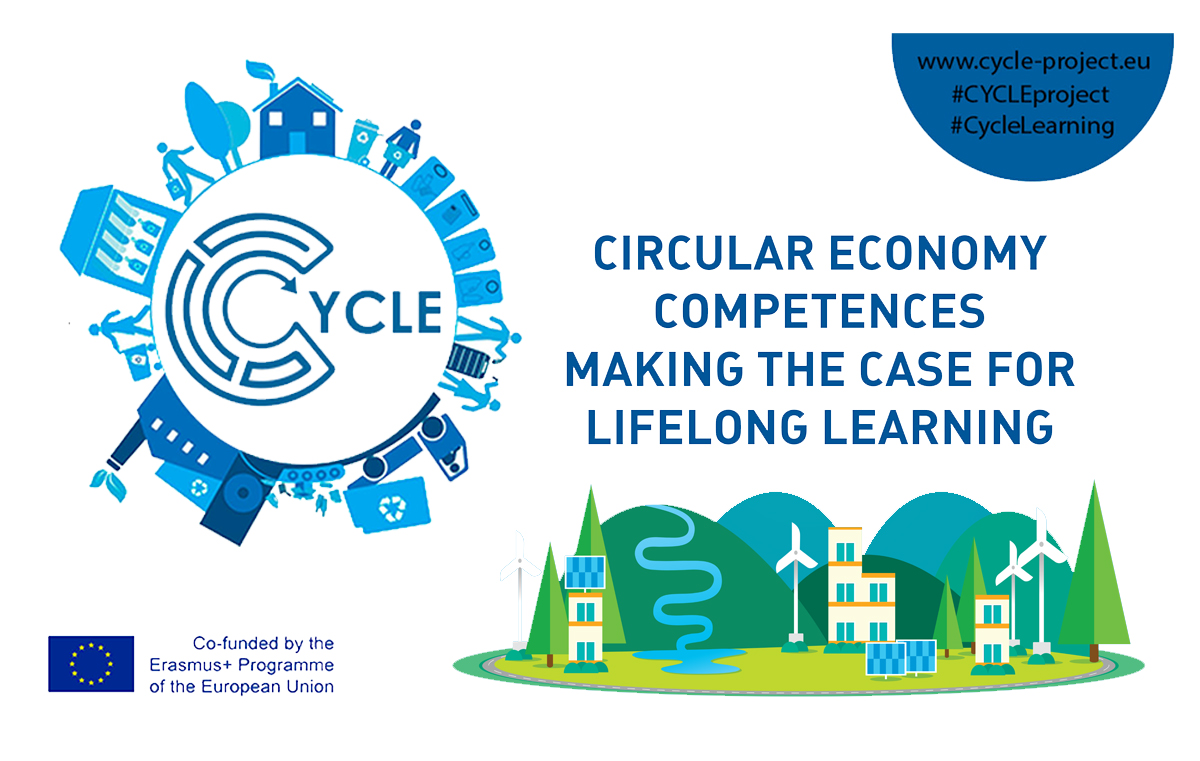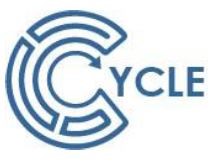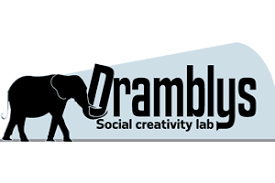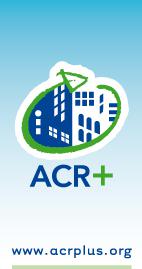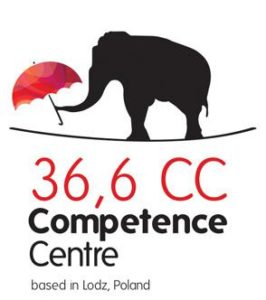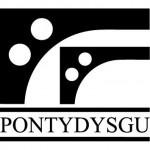For active citizenship and more sustainable consumption
The Erasmus + CYCLE project, funded by the European Commission, started in 2017 and ended in September 2019. CYCLE aims to increase and promote skills on the Circular Economy of trainers who deliver courses for adults through the use of a platform and -learning that collects content from all partner countries.
The project
CYCLE project has created a series of tools to support the introduction of the skills of Circular Economy in adult education, contributing to the creation of a learning path for the teachers themselves.
The results of the CYCLE project are intended to be used by trainers in both formal and non-formal education, ie not directly linked to the labor market. The CYCLE project therefore connects an international network of NGOs, training institutes, local authorities, schools and civil society organizations with the aim of contributing to the acquisition by students of the key competences necessary to face the challenges of sustainable resource management and the green economy.
Activities
As a first step, the CYCLE project has developed a pedagogical approach for promoting the skills of Circular Economy in adult learning. Through the analysis of competences for the Circular Economy in the main European educational models, the project has identified a nucleus of transversal competences linked to the Circular Economy and provided suggestions to integrate this theme into a lifelong learning approach.
The Cyclecc.eu e-learning platform was created to improve the knowledge and skills of trainers and students in the Circular Economy field, providing interactive training content tailored to educational needs. This tool is a meeting point for collaborative learning and a fruitful exchange of experiences.
Sustainability prospects
Trainers will help students develop the knowledge, skills and attitudes they will use throughout their lives. Including transversal skills in Circular Economics in adult education stimulates active citizenship and sustainable production and consumption behaviors, as well as increasing the collective capacity to face present and future social, economic and environmental challenges.
